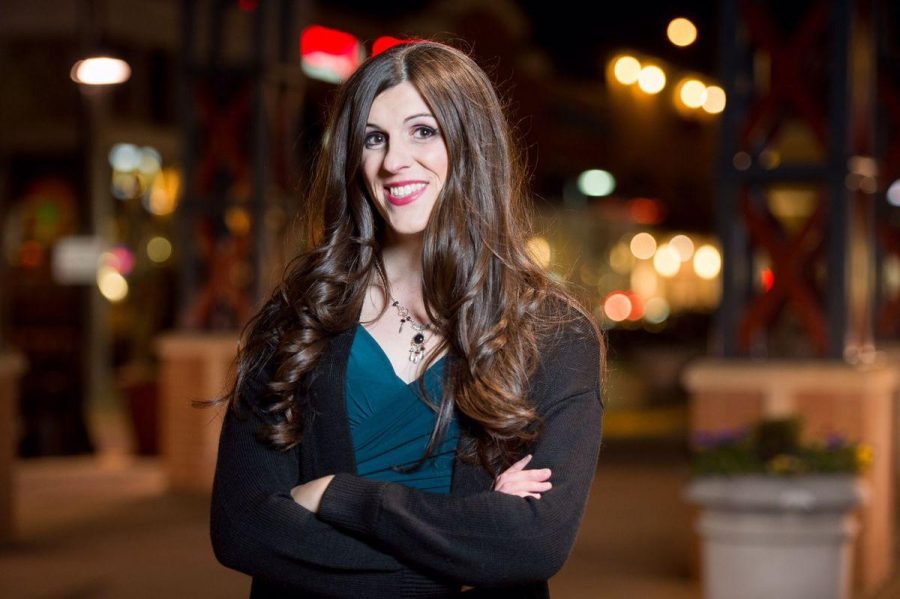By Katie Sittig-Boyd
Staff Writer
This previous Monday, Nov. 16, the Simmons community gathered in the Linda K. Paresky Conference Center to discuss issues of diversity and inclusion on the Simmons Campus.
The crowd was so large that it necessitated a significant floor gathering. Students from all schools, undergraduate and graduate alike, were present for the discussion.
President Helen Drinan opened the discussion and then turned the podium over to Lisa Smith-McQueenie, the Assistant Provost for Diversity and Inclusion, who orchestrated the event.
“For a couple of weeks now we have been watching things happening on campuses around the United States,” she began, after reading aloud a quote from Audre Lorde: “It is not our differences that divide us. It is our inability to recognize, accept and celebrate those differences.”
“We must take swift, thoughtful, and ongoing action, and be compassionate with one another,” said Smith-McQueenie, who went on to highlight the importance of acknowledging and addressing lived experiences.
Following this introduction, Nguyet Ly and Mellyssa DePaiva from the Student Government Association (SGA) announced SGA’s solidarity with student activists at Mizzou, as well as here at Simmons.
Students throughout the conference center then had the opportunity to voice their concerns and experiences at microphones placed throughout the room. Graduate and undergraduate students alike spoke out regarding their experiences as students of color at Simmons.
Senior Chanel Thomas addressed the room from the podium. “Some of the things that [have been] really evident throughout my four years and even beginning with the first-years is the diversity in the faculty,” Thomas said, referencing that many students have demanded diversity training for faculty.
Thomas also discussed the tendency of professors to rely on students of color to educate whole undergraduate classes on topics specific to race. “We’re not getting paid to teach your class, faculty, I’m sorry,” said Thomas. “If that’s our job, then pay us, but that’s not our job. We didn’t come to school to educate, we came to learn.”
Black Student Organization president Morgan Ward echoed Thomas’s concerns. “I feel that the administration has let black students down, because we’re here for you at any time,” said Ward.
“As a black student here at Simmons, I do not feel supported in the classroom.”
Several first-years also shared experiences of tokenization in the classroom, unrealistic expectations they were given during the admissions process, and emphasized how frequently professors rely on students of color to educate classes on issues of race when that should not be the responsibility of the students.
Additionally, students spoke to their experiences of discrimination in clinicals and the nursing program, and addressed their concerns that they were respected for some parts of their identities more than others.
“Most times, I feel that my queer identity is more respected here than my black identity,” said Wallace, a first-year. “I’m queer and I love myself, but I feel like Simmons doesn’t love this other half of me.”
At the end of the hour allotted for this conversation, Provost Katie Conboy made some closing remarks, imploring students of color to speak up about what Simmons administration can do better.
Before the closing of the event, one more student spoke up.
“With all due respect, Ms. Conboy, I don’t think the issue is that we need more conversation. I think it’s that we need more listening,” said the student, who did not provide a self-introduction. “For the past couple of years, people have been voicing what needs to happen, and somewhere in the conversation, what needs to happen gets lost. You have the power to translate what we’re saying into action. We’ve told you these things several times. You just have to listen.”











